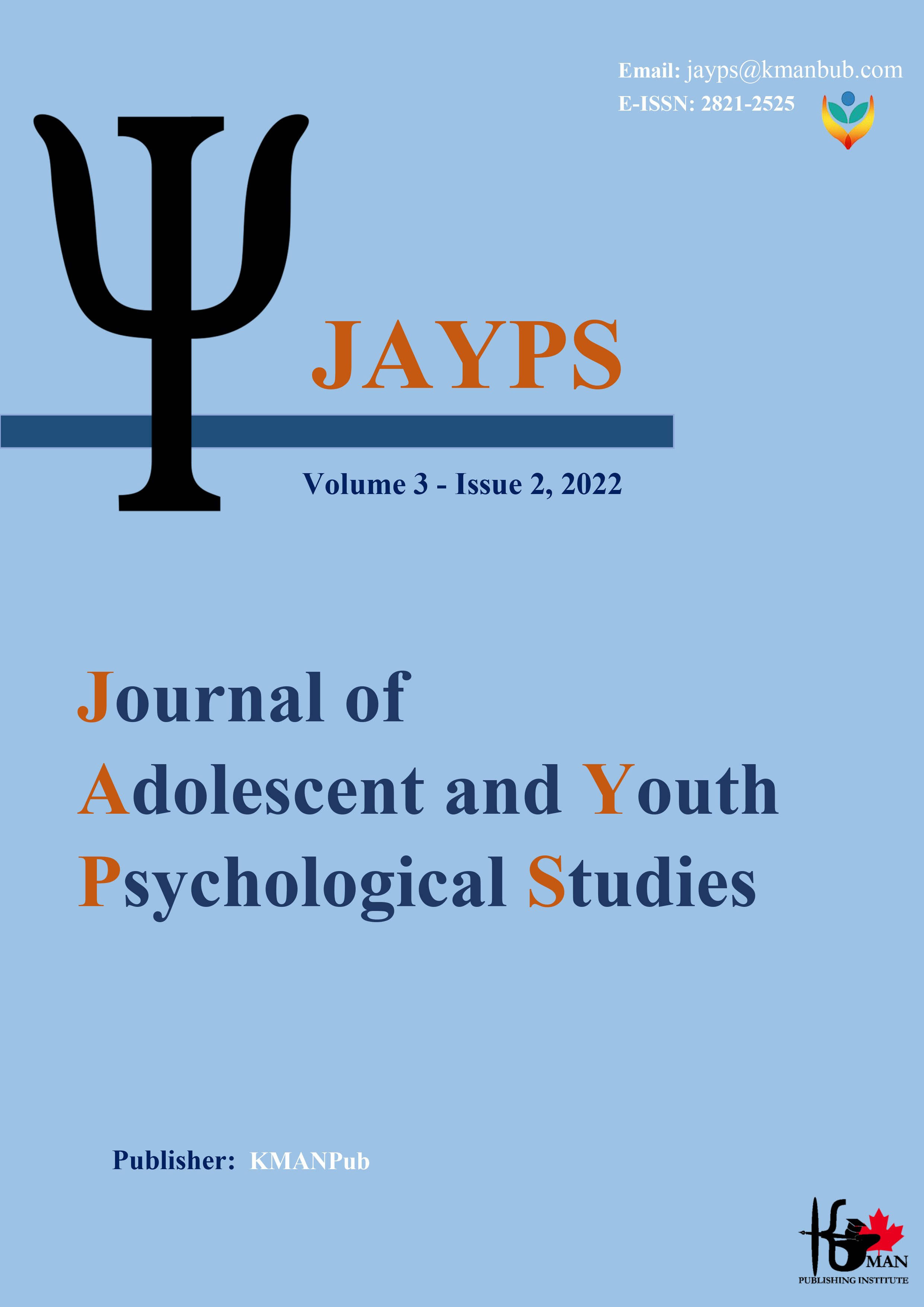The effectiveness of interpersonal group therapy on depression and emotion regulation in women with bulimia nervosa
Keywords:
interpersonal group therapy, psychological well-being, bulimia nervosa, womenAbstract
Background and Aim: Bulimia nervosa is characterized by repeated episodes of binge eating (consuming large amounts of food in a short period of time, for example, less than two hours, on average once a week for the past three months) without regular use of disproportionate weight control compensatory behaviors. This research was conducted with the aim of determining the effectiveness of interpersonal group therapy on psychological well-being in women with bulimia nervosa. Methods: The research method was semi-experimental with a pre-test-post-test design with a control group and a two-month follow-up test. 30 research samples were selected from the community of women suffering from bulimia nervosa who referred to the Iranian Bulimia Association in Tehran in October and November 2018 and were randomly replaced in two experimental and control groups. The required findings were collected using the psychological well-being questionnaire (Ryff et al., 1989) in three times: pre-test, post-test and follow-up test, and using variance analysis with repeated measurements. Was analyzed. Results: The results showed that interpersonal group therapy is effective in improving the psychological well-being of bulimia nervosa patients (p≥0.005). Bonferroni test showed that this effect is stable over time. Conclusion: Considering the effectiveness of interpersonal group therapy on psychological well-being, it is suggested to use interpersonal group therapy for women with bulimia nervosa.
Downloads
Downloads
Published
Submitted
Revised
Accepted
Issue
Section
License

This work is licensed under a Creative Commons Attribution-NonCommercial 4.0 International License.









